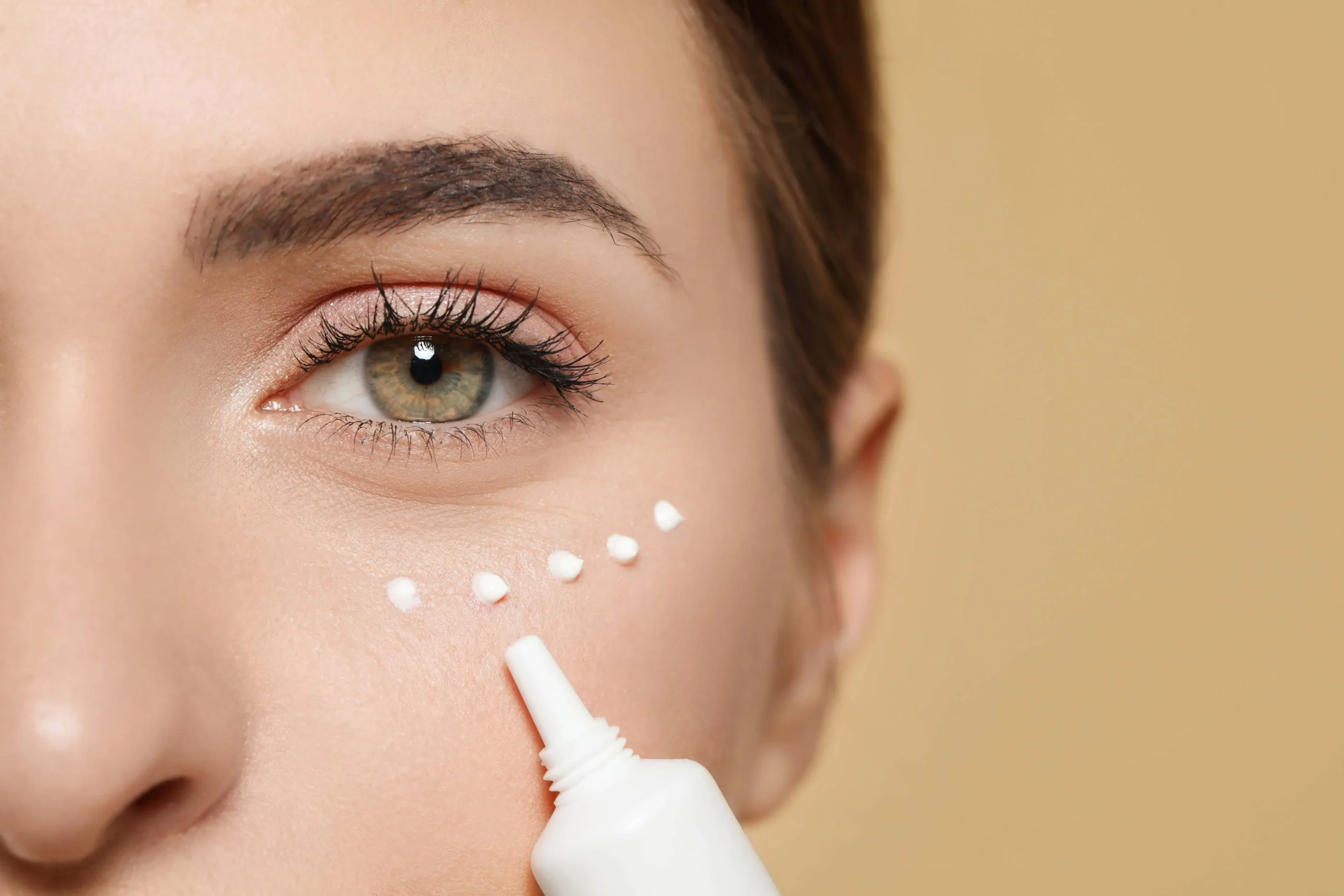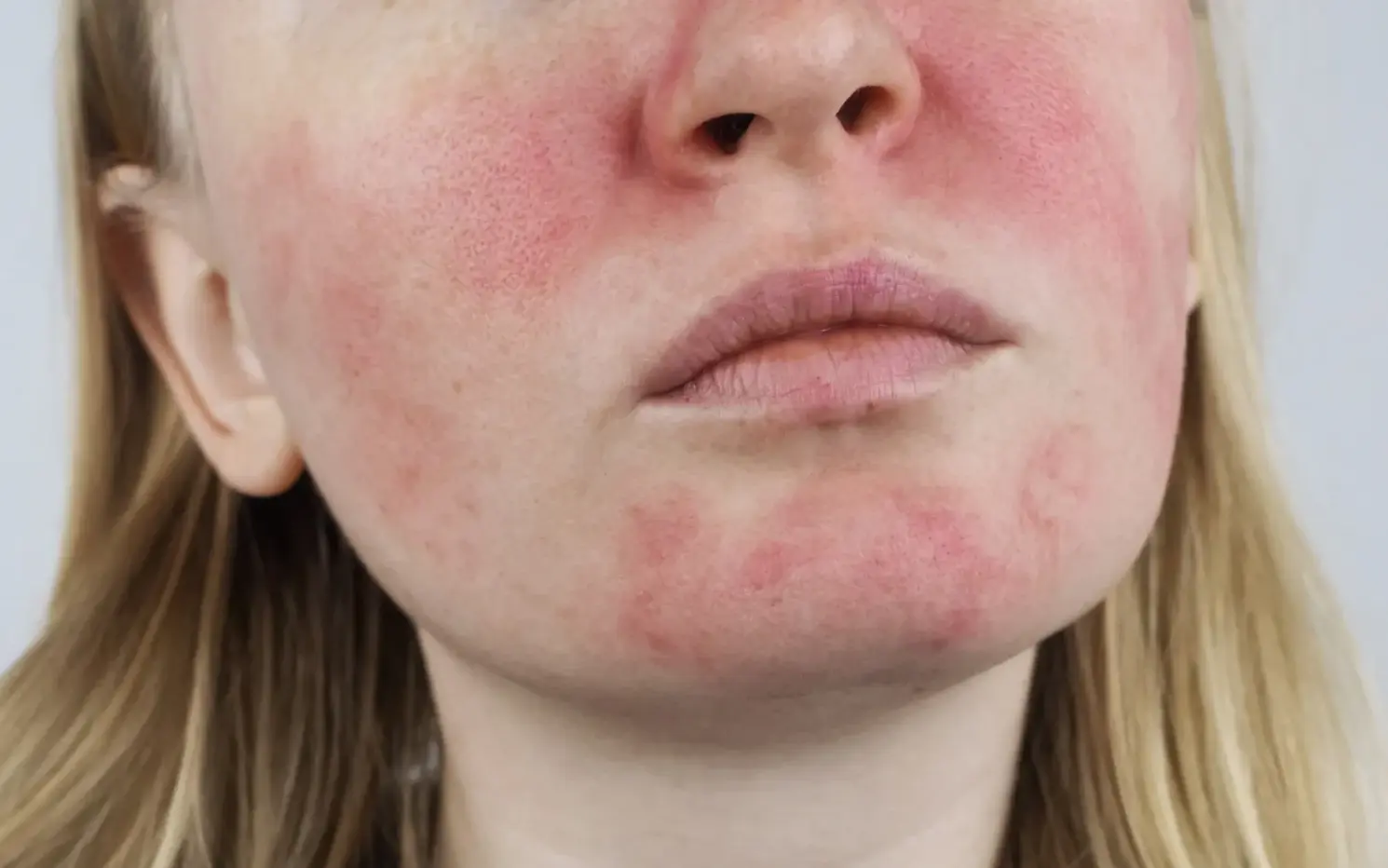Living with eczema can be challenging, as this chronic skin condition often leads to dry, itchy, and inflamed patches that can disrupt daily life. Understanding how to manage eczema effectively is essential for reducing discomfort and preventing flare-ups. In this blog post, we’ll explore practical tips and strategies that can help you soothe eczema symptoms and maintain healthier skin.
Understanding Eczema: Eczema, also known as atopic dermatitis, is a common inflammatory skin condition characterized by dry, red, and itchy patches. It can vary in severity, with symptoms ranging from mild itching to severe skin irritation and even infection in some cases. While the exact cause of eczema is not fully understood, it is believed to involve a combination of genetic and environmental factors.
Managing Eczema Symptoms:
- Gentle Cleansing: Use mild, fragrance-free cleansers and lukewarm water to wash the affected areas. Steer clear of hot water, as it can worsen dryness and aggravate symptoms of eczema.
- Moisturize Regularly: Maintaining adequate skin hydration is vital for effectively managing eczema. Choose emollient-rich moisturizers that are free of fragrances and harsh chemicals. After bathing, apply moisturizer promptly to seal in moisture.
- Avoid Triggers: Identify and avoid triggers that can exacerbate eczema symptoms, such as certain fabrics (like wool), harsh soaps or detergents, stress, allergens (like pet dander or pollen), and extreme temperatures.
- Wear Soft Clothing: Opt for soft, breathable fabrics like cotton to reduce irritation and allow the skin to breathe. Avoid tight-fitting clothing that can rub against and irritate sensitive skin areas.
- Use Topical Treatments: Over-the-counter or prescription topical treatments, such as corticosteroid creams or ointments, can help reduce inflammation and relieve itching during flare-ups. Adhere to the guidance of your healthcare provider for safe and effective usage.
- Practice Stress Management: Stress can trigger or worsen eczema symptoms. Practice relaxation techniques such as deep breathing, meditation, or yoga to manage stress levels and promote overall well-being.
- Keep Nails Short: Trim your nails regularly to reduce the risk of unintentional scratching, which can damage the skin and lead to infections.
- Avoid Irritants: Be mindful of skincare and cosmetic products that may contain harsh ingredients or fragrances. Before applying new products to your skin, conduct a patch test on a small area to ensure they are safe for wider use.
- Maintain a Healthy Diet: Some individuals with eczema may find that certain foods can trigger flare-ups. Maintaining a food diary can assist in identifying and avoiding potential triggers. Eating a well-rounded diet that includes fruits, vegetables, lean proteins, and healthy fats can promote overall skin health.
- Seek Medical Advice: If your eczema symptoms are severe, persistent, or not responding to home care measures, consult a dermatologist or healthcare provider. They can recommend personalized treatment options, including prescription medications or phototherapy, to manage your condition effectively.
Conclusion
Managing eczema involves a combination of gentle skincare practices, identifying triggers, and maintaining overall skin health. By following these practical tips and incorporating them into your daily routine, you can help soothe eczema symptoms, reduce flare-ups, and improve your quality of life. Remember, consistency and patience are key in managing this chronic skin condition effectively.





